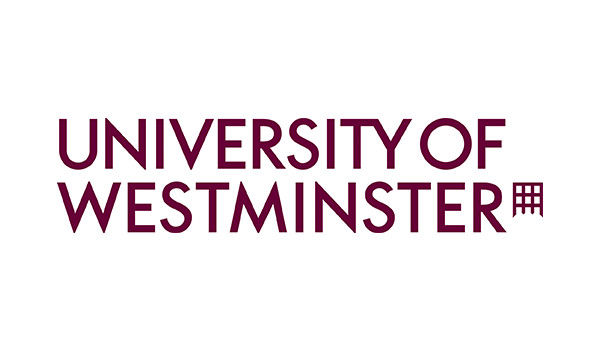UK21 MSc Business Intelligence and Analytics University of Westminster
-
THÔNG TIN CHUNG
This course addresses the need to propel information-gathering and data organisation, and exploit potential information and knowledge hidden in routinely collected data to improve decision-making. The course, which builds on the strength of two successful courses on data mining and on decision sciences, is more technology focused, and stretches the data mining and decision sciences theme to the broader agenda of business intelligence.
You will focus on developing solutions to real-world problems associated with the changing nature of IT infrastructure and increasing volumes of data, through the use of applications and case studies, while gaining a deep appreciation of the underlying models and techniques. You will also gain a greater understanding of the impact technological advances have on nature and practices adopted within the business intelligence and analytics practices, and know how to adapt to these changes.
Embedded into the course are two key themes. The first will help you to develop your skills in the use and application of various technologies, architectures, techniques, tools and methods. These include warehousing and data mining, distributed data management, and the technologies, architectures, and appropriate middleware and infrastructures supporting application layers. The second theme will enhance your knowledge of algorithms and the quantitative techniques suitable for analysing and mining data and developing decision models in a broad range of application areas. The project consolidates the taught subjects covered, while giving you the opportunity to pursue in-depth study in your chosen area.
Teaching approaches include lectures, tutorials, seminars and practical sessions. You will also learn through extensive course work, class presentations, group research work, and the use of a range of industry standard software such as R, Python, Simul8, Palisade Decision Tools, Hadoop and Oracle.
Taught modules may be assessed entirely through course work, or may include a two-hour exam at the end of the year.
-
CƠ HỘI NGHỀ NGHIỆP
Graduates can expect to find employment as consultants, decision modelling or advanced data analysts, and members of technical and analytics teams supporting management decision making in diverse organisations. Typical employers include local authorities, PLCs (e.g. GlaxoSmithKline, British Airways, Santander and Unilever), public sector organisations (e.g. the NHS and primary care trusts), retail head offices, the BBC, the Civil Service, and the host of banks, brokers and regulators that make up the City, along with all the specialist support consultancies in IT and market research and forecasting, all of whom use data for the full range of decision making.
- ĐIỀU KIỆN ĐẦU VÀO
- ĐIỀU KIỆN NGÔN NGỮ
- HỌC BỔNG
- ĐỊA ĐIỂM
Tóm tắt
-
Phí ghi danh
0
-
Độ dài khoá học
1 năm
-
Kỳ nhập học
Tháng 9
Phí Cơ Bản
-
Loại Tiền
-
Học Phí
Trên năm -
Phí Sinh Hoạt
Trên năm -
Tổng






